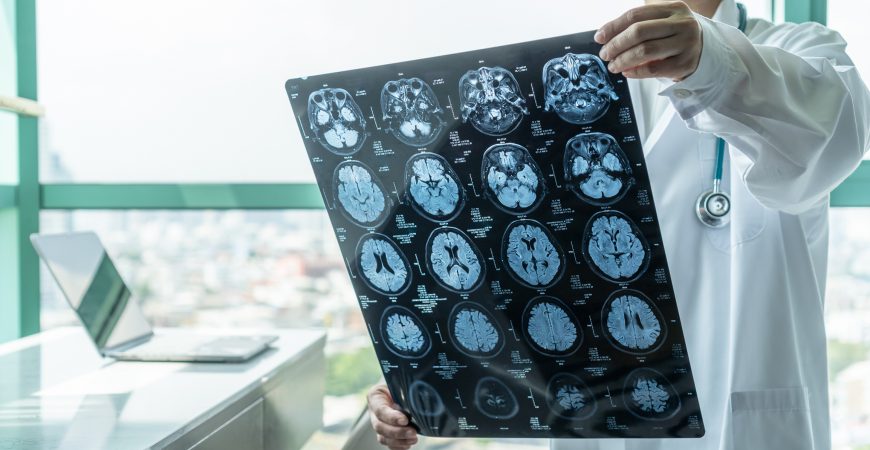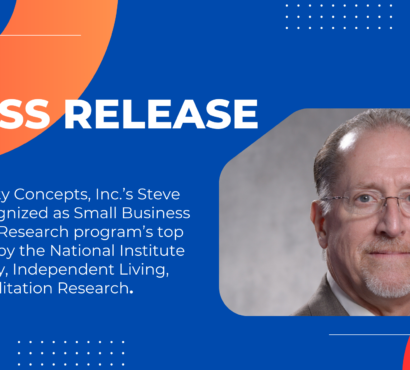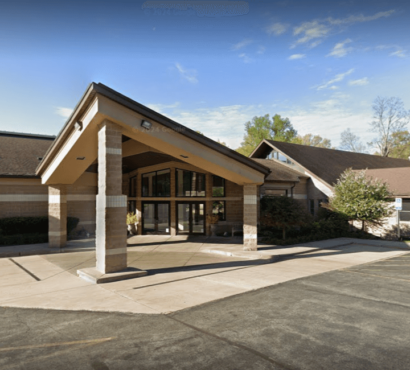In support of Brain Injury Awareness Month, CreateAbility has compiled a list of brain injury facts that will shed light on this commonly misunderstood diagnosis.
Brain injuries are compartmentalized into two diagnoses: traumatic and non-traumatic.
Non-traumatic brain injuries might be from a stroke, while traumatic brain injuries are from a blow to the head, such as from falls, assaults, motor vehicle accidents, sports/recreation injuries, abusive head trauma, gunshot wounds, workplace injuries, child abuse, domestic violence, and military blast incidents.
Some interesting data on TBIs:
In 2018, there were approximately 223,050 TBI-related hospitalizations.
There were 60,611 TBI-related deaths in 2019.
3.2-5.3 million people in the U.S. live with a traumatic brain injury disability.
The highest number of TBI-related hospitalizations were from people 75 and older, which represents 32% of total hospitalizations.
Males were nearly two times more likely to be hospitalized and three times more likely to die from a TBI than females.
Falls are the #1 root cause of traumatic brain injuries at 35%.
3.2-5.3 million people in the U.S. live with a traumatic brain injury disability.
People with a TBI are 11 times more likely to die from Opioid misuse.
While no two brain injuries are alike and vary in severity, intensity, and length – outcomes for individuals suffering from brain injuries share some commonalities. Cognitive impairments are typically experienced by TBI patients and include:
- memory and recall challenges
- trouble focusing and paying attention
- learning disabilities
- coordination challenges
- managing fatigue
These impairments are not only difficult/frustrating to deal with; they can make the process of returning to normal life activities frustrating for TBI patients and can ultimately take a toll on their energy and mental well-being.
Enabling technology can be a great way to overcome the challenges these impairments cause and speed up the recovery process by proving:
Task prompting/reminders
Task instruction in different formats dependent on severity of TBI
Health & wellbeing check ins to monitor critical factors in rehabilitation process (between visits)
Pre-employment screenings for return-to-work readiness, job interests and skills
CreateAbility has several technology solutions that assist in the rehabilitation of TBI patients. You can learn more about each by following this link: https://www.createabilityinc.com/supporting-people-with-brain-injuries/
Questions about enabling technology and how they can help you serve your TBI clients more effectively and optimize their person-centered care plan for better outcomes? Call us at 317.728.6670.



